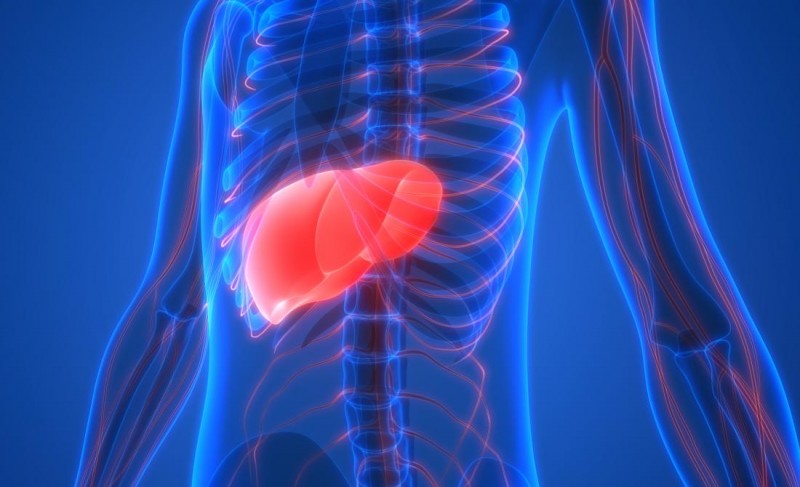
Fatty liver disease is a common health condition that affects millions of people worldwide. It occurs when excess fat accumulates in the liver, leading to inflammation and potential long-term damage. While medical intervention is essential in severe cases, certain foods have shown promise in helping to manage and even treat fatty liver disease. In this article, we will explore the foods that may assist in combating this condition.
Consuming fatty fish like salmon, mackerel, and sardines can provide essential omega-3 fatty acids. These fatty acids are known for their anti-inflammatory properties, which can help reduce liver inflammation associated with fatty liver disease.
Leafy green vegetables like spinach, kale, and arugula are rich in antioxidants and fiber. They aid in weight management and detoxification, crucial factors in managing fatty liver disease.
Switching to olive oil as your primary cooking oil may have a positive impact on your liver health. It contains monounsaturated fats that are less likely to accumulate in the liver.
Walnuts, almonds, and other nuts are packed with healthy fats, fiber, and antioxidants. They can support liver health by reducing inflammation and aiding in weight control.
Avocado is another excellent source of healthy fats and fiber. It can help regulate blood sugar levels and reduce liver fat.
Green tea is rich in antioxidants called catechins, which have been linked to improved liver function. Drinking green tea regularly may help combat fatty liver disease.
Garlic is known for its detoxification properties and can assist in liver cleansing. It also has anti-inflammatory effects that may benefit those with fatty liver disease.
Turmeric contains curcumin, a compound with potent anti-inflammatory and antioxidant properties. Adding turmeric to your diet may help alleviate liver inflammation.
Choose whole grains like brown rice, quinoa, and whole wheat over refined grains. They provide fiber and nutrients that support overall health and may aid in weight management.
Berries such as blueberries and strawberries are rich in antioxidants and fiber. They can help reduce liver inflammation and improve insulin sensitivity.
Opt for low-fat dairy products like yogurt and milk. They are a good source of protein and calcium without the saturated fats found in full-fat dairy.
Include lean sources of protein like chicken, turkey, and tofu in your diet. Protein is essential for repairing liver cells and overall health.
Moderate coffee consumption has been associated with a reduced risk of liver diseases, including fatty liver disease.
Cinnamon may improve insulin sensitivity, which can benefit individuals with fatty liver disease and insulin resistance.
Ginger has anti-inflammatory and antioxidant properties that may help reduce liver inflammation.
Sweet potatoes are rich in fiber, vitamins, and minerals. They can support weight management and overall liver health.
Apples are high in fiber and antioxidants, making them a liver-friendly choice for those with fatty liver disease.
Certain mushrooms contain compounds that may help protect the liver and reduce inflammation.
While not as beneficial as other protein sources, lean red meat can be consumed in moderation for its iron content.
Staying hydrated is crucial for liver health. Water helps flush out toxins and supports overall well-being.
Incorporating these foods into your diet, along with a balanced and healthy eating plan, can be a valuable step in managing fatty liver disease. However, always consult with a healthcare professional for a personalized approach to your condition. Remember that a combination of dietary changes and lifestyle modifications is often the most effective way to address fatty liver disease.
कॉर्निया में खराबी से हो सकता है अंधापन, ये हैं लक्षण, रहें सावधान
एचपीवी दुनिया के लिए खतरे की घंटी है! जानिए क्या है यह और इससे बचने के उपाय
कॉर्निया में खराबी से हो सकता है अंधापन, ये हैं लक्षण, रहें सावधान